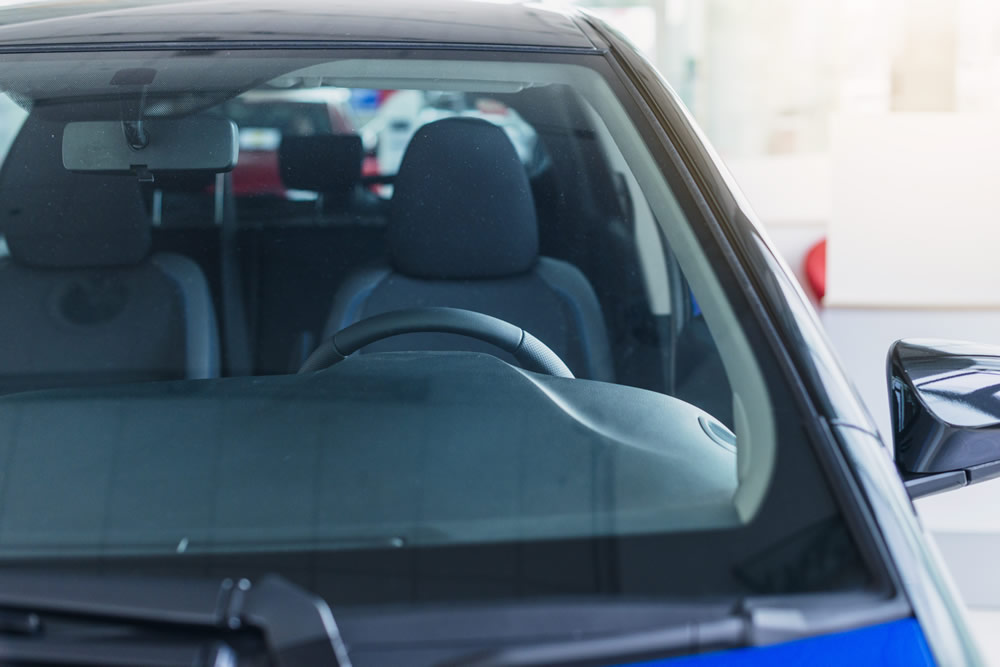Windscreen safety is a crucial aspect of overall vehicle safety. The windscreen serves several important functions that contribute to the safety of both the driver and passengers:To ensure windscreen safety, car owners should:

- Regularly inspect the windscreen for any cracks, chips, or other damage.
- Promptly repair or replace a damaged windscreen to maintain its structural integrity.
- Ensure that the windscreen wipers are in good condition for optimal visibility in various weather conditions.
- Avoid placing heavy objects on the dashboard that could become projectiles in the event of a sudden stop or collision.
Proper maintenance and prompt attention to any windscreen issues are essential for ensuring the safety of the vehicle’s occupants and overall road safety. If you notice any damage to your windscreen, it’s advisable to consult with a professional to assess the extent of the damage and determine the appropriate course of action.
The most common types of car windshields include:
- Laminated Glass: This is the most common type of windshield used in modern vehicles. It consists of two layers of glass with a layer of polyvinyl butyral (PVB) sandwiched between them. The PVB layer holds the glass together in the event of an impact, reducing the risk of shattering.
- Tempered Glass: While not as common for windshields, tempered glass is often used for side and rear windows. Tempered glass is stronger than regular glass and breaks into small, dull-edged pieces when shattered, reducing the risk of injury.
- Acoustic or Soundproof Glass: This type of windshield is designed to reduce external noise, providing a quieter interior for the vehicle. It typically incorporates additional layers or special acoustic materials to dampen sound vibrations.
- Heated Windshield: Some vehicles come equipped with windshields that have embedded heating elements. These elements help to defrost or de-ice the windshield during cold weather, improving visibility.
- Solar Control Glass: This type of windshield is treated to reduce the transmission of solar energy into the vehicle. It helps in managing the interior temperature and can contribute to better fuel efficiency by reducing the need for air conditioning.
- HUD (Head-Up Display) Windshield: HUD windshields are designed to work seamlessly with head-up display systems. They have a special coating that allows information to be projected onto the windshield, allowing the driver to view critical information without taking their eyes off the road.
- Rain-Sensing Windshields: These windshields have sensors that detect rain and automatically activate the windshield wipers. This feature enhances driving safety by ensuring optimal visibility in rainy conditions.
- Infrared-Reflective Windshields: This type of windshield has a coating that reflects infrared rays, helping to reduce heat buildup in the car’s interior. It contributes to better temperature control and can improve energy efficiency.
The choice of windshield type depends on factors such as vehicle design, safety requirements, and optional features desired by the vehicle manufacturer and owner.
With NZ windscreen we always recommend the best quality and safety windscreen to our customers. We have been serving customers for over 10 years and We are known for our services.
To get a better and only quality windscreen please contact the NZ windscreen team.
